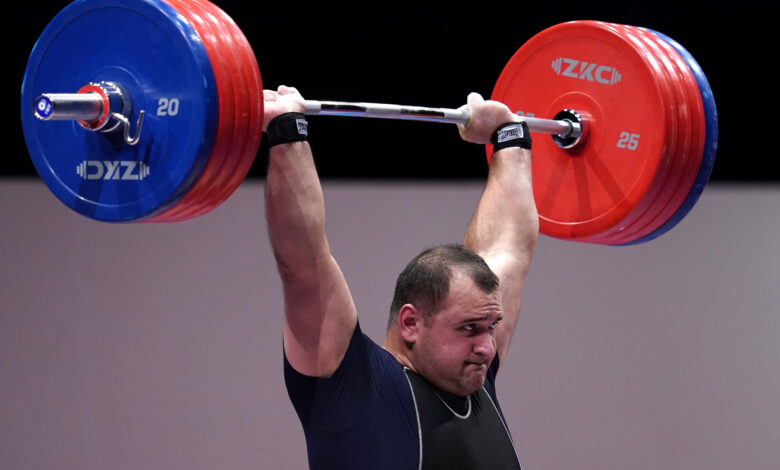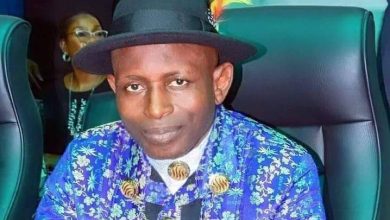Weightlifting: IWF hammer falls on six Russian lifters

The International Weightlifting Federation (IWF) has banned six Russian weightlifters for periods of four to eight years and provisionally suspended three more after a doping investigation based on information from a whistleblower.
The suspensions take the number of Russian weightlifters banned for doping since the Beijing 2008 Olympic Games to 37.
Another 12 potential violations, mostly announced in the past 14 months but concerning historic offences, remain unclosed.
Russia was barred from weightlifting at the Rio 2016 Olympics and is restricted to one male and one female lifter at the postponed Tokyo 2020 Games because of its doping past.
As the historic doping violations continue to mount up, it is unclear whether Russia will face the prospect of another outright suspension.
Ten of Russia’s post-Beijing suspensions were imposed after samples at the 2008 and 2012 Olympic Games were retested by the International Olympic Committee (IOC).
Eight Russians were disqualified from medal positions at those two Games.
One of those suspended today, the 32-year-old super-heavyweight Ruslan Albegov, is the only Russian male still in possession of a medal from London 2012 – a bronze.
The offences that led to the six new bans took place between 2011 and 2015, a point stressed by the president of the Russian Weightlifting Federation (FTAR) Maxim Agapitov, who said the IWF under the reign of the disgraced Tamás Aján should take most of the blame.
Agapitov, who sits on the IWF Executive Board, was also critical of the governing body’s Interim President Ursula Papandrea who, he said, was “keeping hidden” from the Board further evidence from the McLaren Independent Weightlifting Investigation.
That report, published in June, two months after Aján resigned as IWF President, condemned Aján for overseeing years of corruption including financial malpractice, doping cover-ups and rigged elections.
Richard McLaren showed that dozens of doping suspensions were delayed, or samples “hidden”, and that doping was used as a means of making money and holding on to power.





